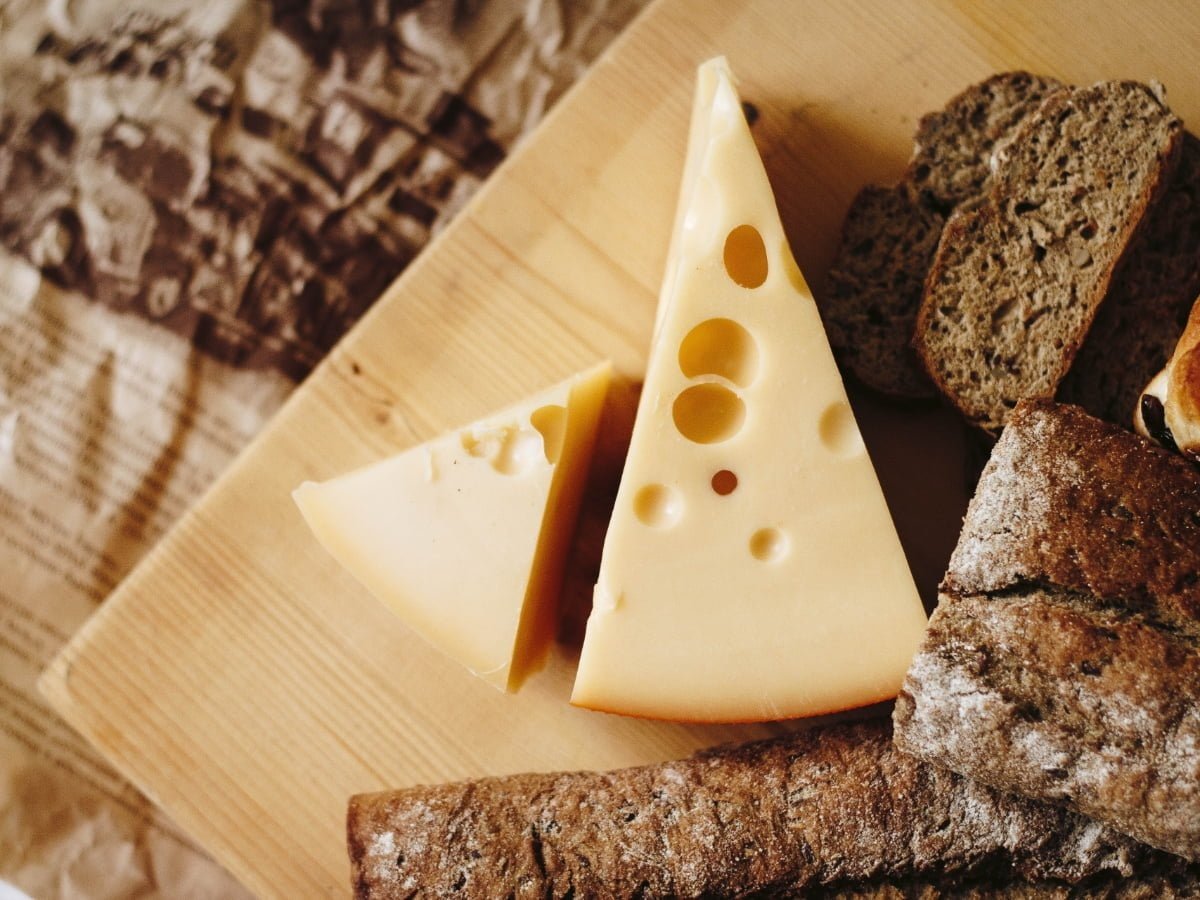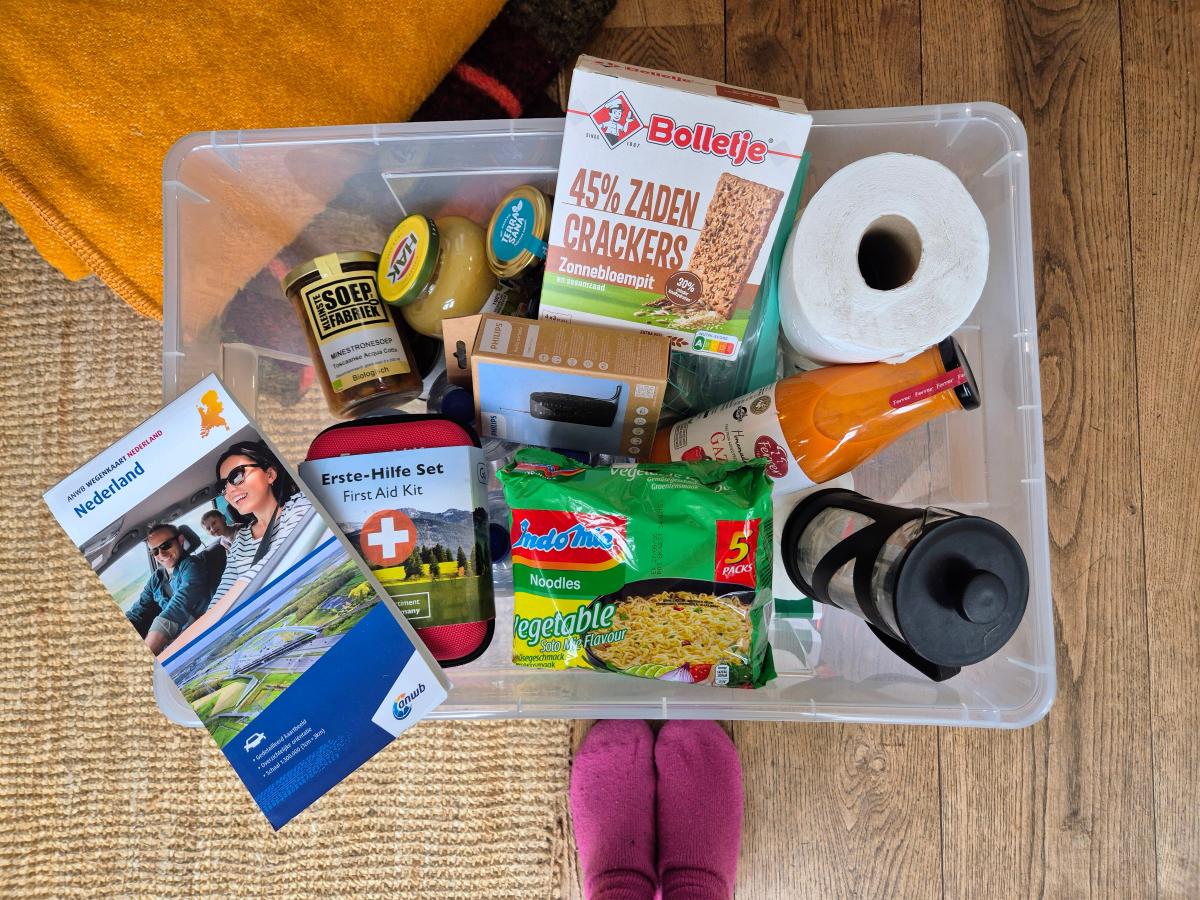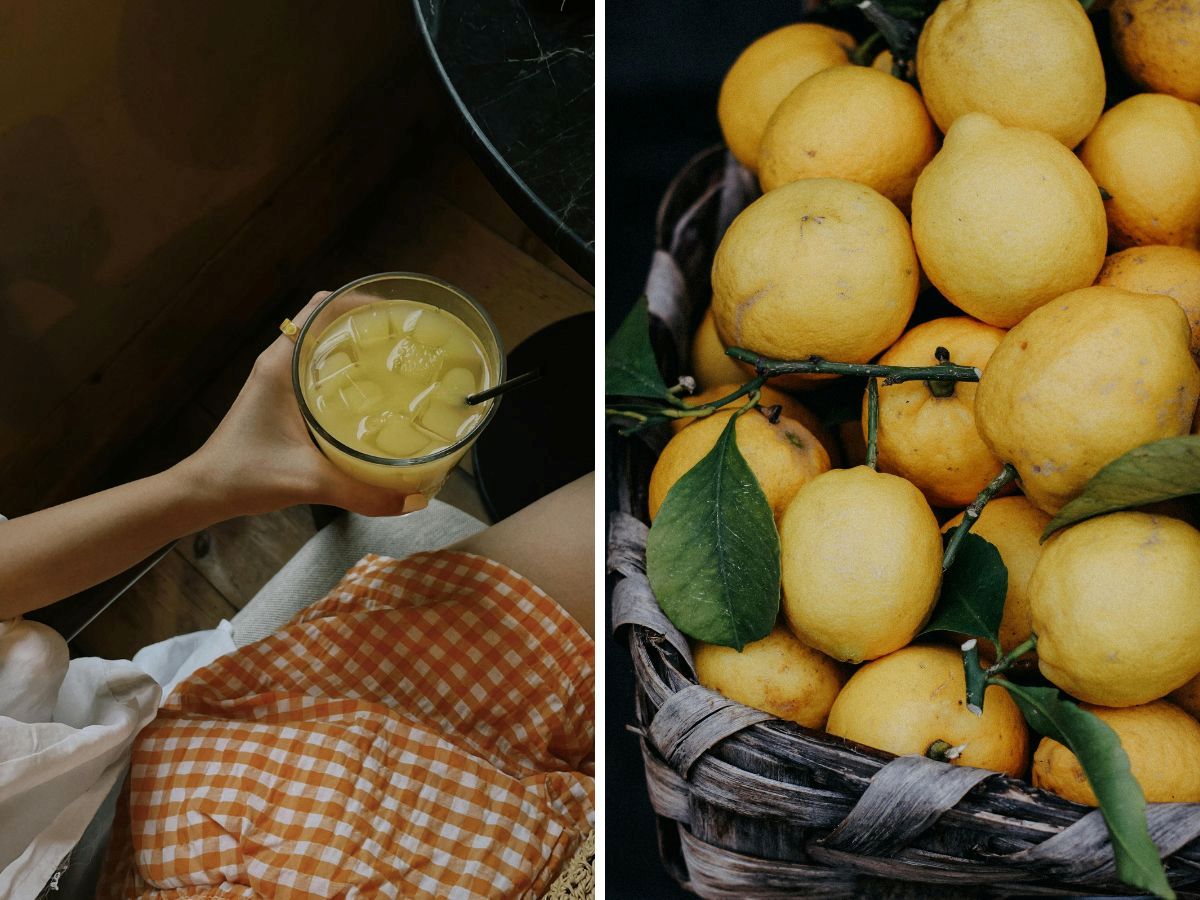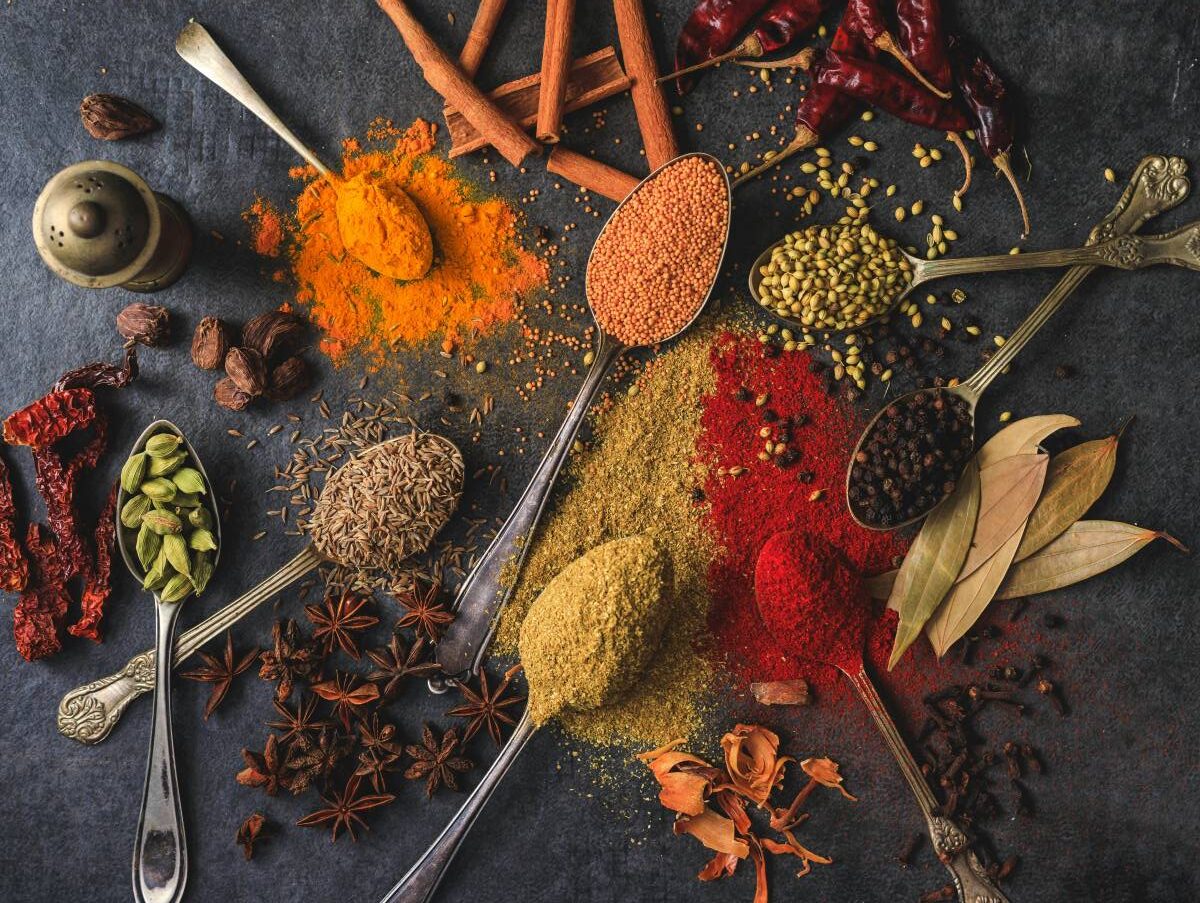The Dutch are not called cheese heads for nothing. On average, we eat about 22 kilos of cheese from cow's milk per person in the Netherlands. Most people know that cheese is made from milk. You can make cheese from cow's milk, goat's milk, sheep's milk, even buffalo milk or horse milk. But the fact that cheese is not vegetarian in many cases is still often unknown. Huh? Why is cheese not vegetarian?
Cheeseheads
As mentioned, the Dutch love cheese. If you choose a vegetarian diet, cheese is often added to the meal, replacing meat. Vegetarians eat cheese with the main meal as many as three times a week, the Vegetarian Union. But flexitarians also like to replace their meat with cheese. And even in restaurants, vegetarian dishes actually often include cheese. But unfortunately, most cheese is not vegetarian at all! How so?
What makes cheese not vegetarian
Cheese is usually made from cow's milk. One kilogram of cheese requires as much as ten litres of cow's milk. The milk is heated and lactic acid and rennet are added to it. The lactic acid is needed for the fermentation process, which gives the cheese its flavour. Lactic acid is a natural product of fermentation, and (despite its name) does not come from animals. Rennet causes solid particles in the milk to clump together, giving the cheese its shape and structure. Rennet consists of mammalian digestive enzymes and is usually extracted from the abomasums of newborn calves. Unfortunately, that rennet cannot be extracted from the calf without slaughtering the animal. Calves are slaughtered for their meat and the rennet is sold as a by-product. But for cheese with animal rennet, an animal is thus killed, which therefore does not make that cheese vegetarian.


There is so much choice at the supermarket and cheese shop. Look for (or ask for) a vegetarian cheese without animal rennet.
Cheese from vegetarian rennet
The fact that animal rennet is often used in the cheese-making process does not mean that vegetarians can no longer eat cheese. In fact, there are also cheeses without animal rennet. Rennet can be made from plants such as thistles and figs. However, making cheese with this rennet is much more difficult, as the cheese can become bitter or remain too soft. Therefore, it is not widely used. More often, microbial rennet, made by micro-organisms, is used. Cheese with this microbial rennet is vegetarian. But genetically modified micro-organisms can also be used for this. It is not compulsory to mention this on the label, as it cannot be distinguished in the final product. Do you prefer not to eat anything genetically modified? Then it's good to know that rennet made with genetically modified micro-organisms may not be used in organic cheeses.
Traditional cheese with animal rennet
The ingredient list of many cheeses with a protected name is strictly defined. This means that animal rennet is compulsorily used in these cheeses, otherwise they are not allowed to use their name. This applies, for example, to many traditional Italian cheeses such as parmesan and gorgonzola. But also in French cheese, such as roquefort, and Greek cheese, such as feta, animal rennet is used. And North Holland Gouda, for instance, always contains animal rennet too. So all not vegetarian!
Which cheeses are indeed vegetarian?
It is not mandatory for cheese producers to state whether they use animal rennet in their cheese. As a result, as a vegetarian cheese lover, you are therefore in the dark about which cheese to choose. Still, there are cheeses that are definitely vegetarian. Indian paneer is curdled with acid, making it always vega. And in addition, there is the V-label, a certification for vegetarian and vegan products. Vegetarian products can be recognised by a yellow sticker with light green leaves in a V-shape, often with text vegetarian. The Vegetarian Union manages and monitors the V-Label label in the Netherlands. In addition, you can often filter for vegetarian products on supermarket websites and apps, which makes it easier.
These cheeses are vegetarian:
- 3 Little Goats
- Beemster
- Berkhout Cheese Farm
- Bastiaansen organic cheese
- The Fryske
- The Graafstroom
- Fryslaner
- Hooidammer
- Henri Willig
- Kees
- Maaslander
- Milner
- Old Amsterdam
- Özgazi
- Polder cheese
- Parrano
- Trenta
Finally, you can also opt for 100% vegetable cheese based on coconut fat or nuts. For this, no rennet is used at all.
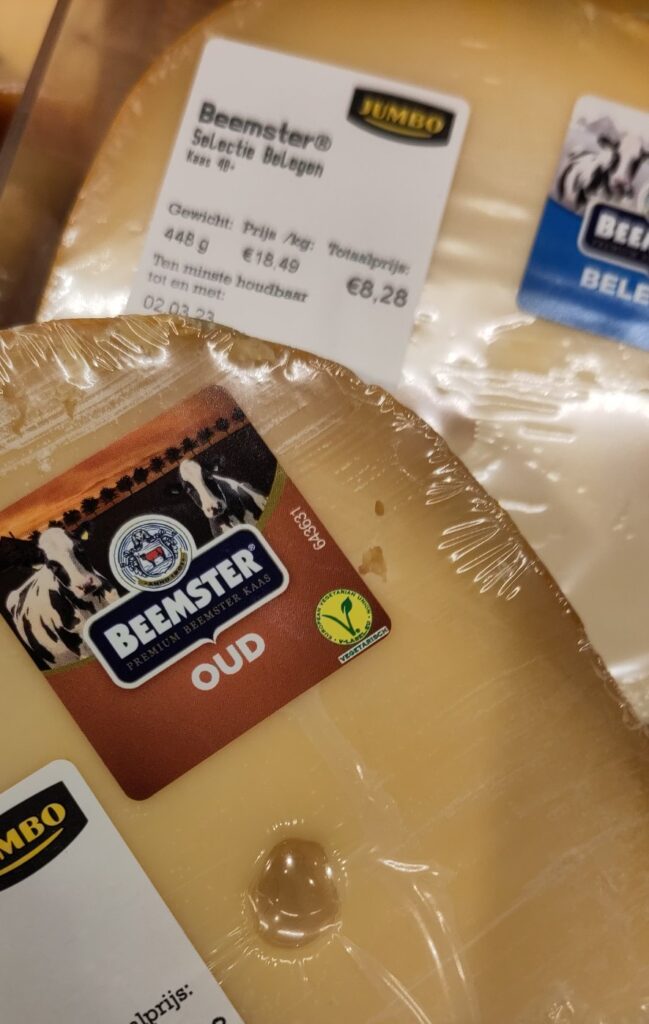
This Beemster cheese is vegetarian.
Conclusion on why cheese is not vegetarian
In the cheese process, animal rennet is often added, made from enzymes from calf's stomach. The calf is slaughtered for this purpose. This does not make this cheese vegetarian. Fortunately, there are alternatives on the market. You can choose cheeses with vegetable or microbial rennet, which are vegetarian. Or you can opt for plant-based cheese, made from nuts is our personal favourite.
More culinary tips from thegreenlist.nl:
- Need inspiration for a beautiful and delicious drinks board with vegan cheese? Then be sure to check out this Italian cocktail board.
- With a tasty cheese or drinks board, a good wine cannot be missing. Find out what is the best choice in sustainable wine here.
Sources: CBS - How much cheese do we produce, Cheese and rennet factsheet - Vegetarian Union, How is cheese made? - Cheese.nl, Rennet in cheese: from animal to microbial. Photo credits: main image: Nastyasensei (Pexels), other photos: Mascha Bongenaar.

